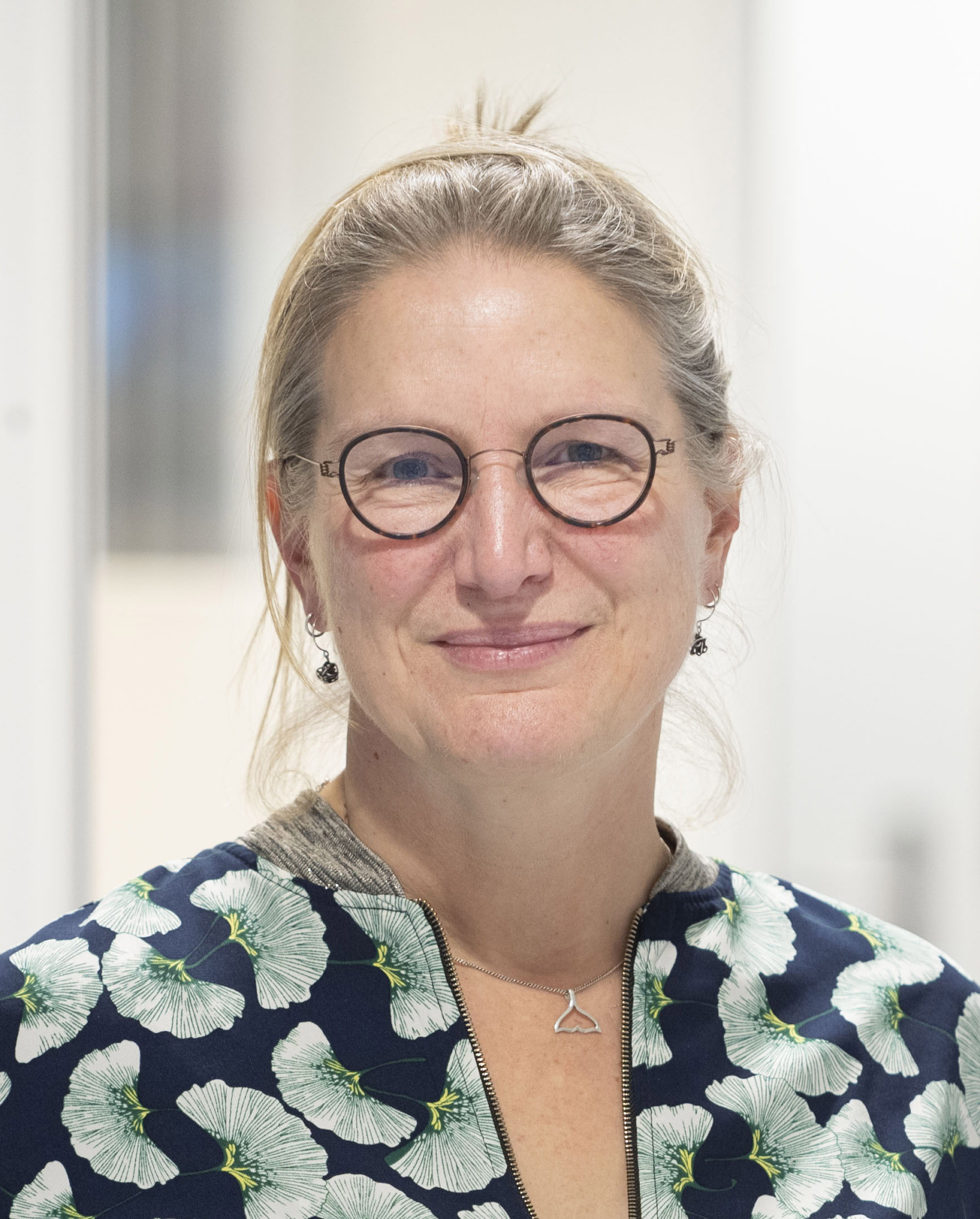Assistant Professor
Strategic program(s):
Biography
Lower urinary tracts symptoms, including urethral diseases, have a major impact on the quality of life. My major goal in research is creating tissue that surgeons can use in urethral reconstruction surgery. I use tissue engineering (TE) as an approach. Ideally, a TE urethra mimics the native urethra, consists of multiple cell layers of different origin, protects the underlying tissue as an efficient barrier from urine, is vascularized and resistant to mechanical forces during surgery. As in many patients undergoing urethral reconstruction surgery, the natural support of the urethra, the corpus spongiosum, is either absent or affected by fibrosis, we aim to integrate this support in our TE graft, providing the natural vascular environment.
Since 2014 she works as head of regenerative urology in the Regenerative Medicine Center Utrecht, department of Urology.
In 2024 the consortium grant STRONG-UR was awarded in the HORIZON-HLTH-2024-TOOL-11-02 programm: Bioprinting of living cells for regenerative medicine. The project focusses on bioprinting for urethral regeneration. With a 12-partner consortium composed of scientists, clinicians, and companies contributing to the whole value chain, supported by a state-of-the-art infrastructure and a proven track record of successful projects in this field, STRONG-UR represents the best team to deliver this ground-breaking work. Dr. De Graaf is the leader of WP2: Structure-function relationship in urethral tissues
Research aim
Urinary tract symptoms are common and have major impact on quality of life. We focus on the male urethra. Our aim is to generate treatment options by regenerative medicine. Our mission is to create laboratory grown tissue for urethral reconstruction
Go to groupHORIZON-HLTH-2024-TOOL-11 HORIZON RIA STRategies for Optimised bioprinting of Next Generation tissues for URethral regeneration and translation (STRONG-UR): 925.135 euro. P. de Graaf is WP2 leader, L.M.O. de Kort Advisor of the consortium, I.C. Martinier Postdoc in the consortium. Main applicant is Aalborg University, Denmark, Project started November 2024
· Starting Grant P. de Graaf 2024: 121.713 euro
· Meeting life long hypospadias (eUROGEN via ZonMW) 29.100. P. de Graaf applicant and organizer, all group members participants (September 2023).
· Grant 3R stimulus fund from the IVD Utrecht for the project ‘Fibrosis on a Chip’(2021-2023, 15.000 euro), led to the publication A novel vascularized urethra-on-a-chip model (Scientific Reports, [1])
· Meeting urogenital tissue engineering (eUROGEN via EJP-RD of the European committee) 15.000 euro, P. de Graaf applicant, Z. Xing participant (September 2023).
· CUCo SPARK2 grant IMPACT P de Graaf (EWUU): 9.000 euro (2023-2024).
Editorial board member Scientific Reports - manage the peer review process and makes final decisions on acceptence or rejection - Nature publishing group

